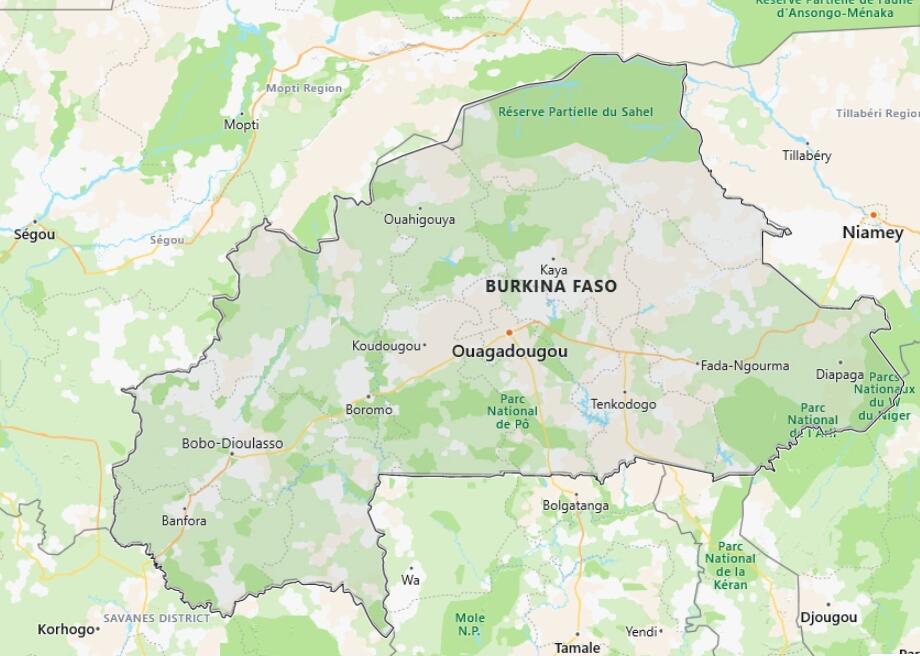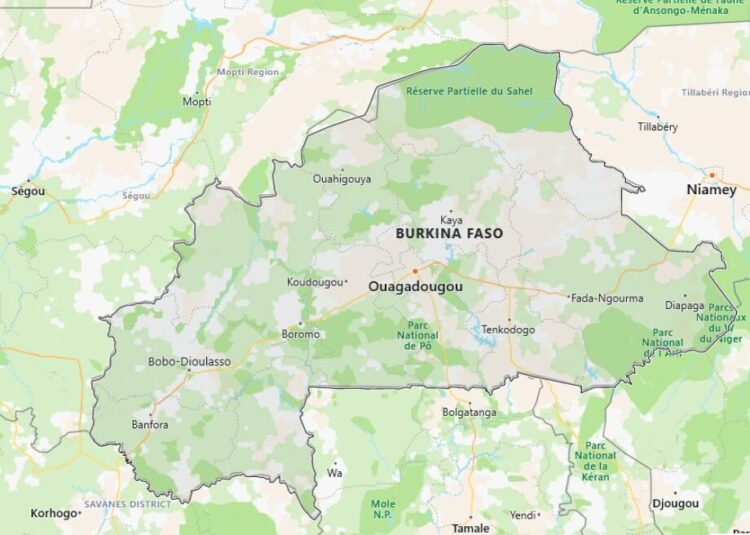Burkina Faso 2006
In 2006, Burkina Faso was a country of approximately 13 million people located in West Africa. It was a semi-presidential republic led by President Blaise Compaoré, who had been in office since 1987. According to constructmaterials, Burkina Faso had made considerable progress in rebuilding its economy and infrastructure following the fall of military rule in 1991. The country’s primary source of income was still based on agriculture and mining, but industry and services were growing steadily due to increased foreign investment from neighboring countries such as Ghana and Ivory Coast. Poverty and inequality were still prevalent, with nearly 50% of the population living below the poverty line. Despite this, access to education had improved since 2000 with primary school attendance rate increasing from approximately 40% to over 70% by 2006. Additionally, economic growth had been steady since 2000 due to increased foreign investment from around the world. Tourism was also increasing as more people became aware of Burkina Faso’s unique culture and landscapes including Bobo-Dioulasso, Ouagadougou, Grand Mosques of Bobo-Dioulasso, Sindou Peaks National Park, and W National Park.
Yearbook 2006
Burkina Faso. The aggressive form of bird flu, H5N1, spread throughout the year to several African countries, including Burkina Faso. In April, the first three cases were found on a bird farm just outside the capital Ouagadougou. Later, the infection was discovered in several places, usually in small chicken farms that many people need to get food or extra income. The authorities made every effort to stop the spread of infection, but there was a great lack of resources. The UN official coordinating the UN’s efforts to stop the spread of the virus said that the poor African countries needed more money and advice.
According to CountryAAH, major public holidays in Burkina Faso include Independence Day (August 5) and New Year (January 1). Three soldiers and two police officers were killed during clashes between police and military in Ouagadougou the days before Christmas. The brawl began with a soldier being shot dead by police in connection with a check in a roadblock. During the shootings that followed, several civilians were also injured. The unrest forced the government to postpone two summits that would have been held in the capital. Police were ordered away from the streets and guards fled from prisons, causing hundreds of prisoners to escape. After talks between police and military chiefs, the conflict could be rescinded after a few days.
About 300,000 children were threatened by starvation in the Sahel area, which extends to northern Burkina Faso. Although the 2006 crop was quite good, chronic food shortages prevailed due to three decades of drought. The UN had a hard time raising the SEK 670 million. which they have appealed to save the children. In northern Burkina Faso, the authorities also closed several water sources since arsenic contamination was discovered.
Burkese writer and professor Joseph Ki-Zerbo died in December, aged 84 years. He was one of Africa’s foremost historians and for many years the leader of the opposition in the country. In 1997 he received the “Alternate Nobel Prize”, the Right Livelihood Award.
Population
The last demographic census dates back to 1985, the year in which the population of the BF amounted to 7,964,707 residents; estimates made by international organizations attributed to the country 11,305,000 residents in 1998. In this part of Africa, assessments of the demographic amplitude of individual states are made difficult by the strong mobility: considerable emigration currents head from the BF to the Ivory Coast and Ghana, but returns are not infrequent (periodic or corresponding to economic or political difficulties of the countries of immigration).
The population growth rate is very high and puts a lot of pressure on the country’s meager resources. It is currently approaching 30 ‰, a value that has remained substantially unchanged over the last twenty years.
Official sources attributed to the capital, Ouagadougou, a population of 690. 000 residents; in the complex of the urbanized area, however, it is estimated that it hosts about one fifth of the total population of the country. In the BF we cannot speak of a true urban network and among the other cities only Bobo-Dioulasso and Koudougou exceed 100. 000 residents; for the rest they are rural villages, more or less large and variously distributed on the territory.
Administratively, the country is divided into provinces, the number of which rose from 30 to 45 in 1997.







